Fossil fuel discovery threatens African wilderness
One of Africa’s last great wildernesses stretches across Botswana and Namibia. Its complex ecosystems provide home and refuge to countless wildlife species and local communities. Approximately 130 000 elephants roam this region, but their existence is under threat. Already hundreds of elephants have mysteriously died in the past year, likely from a rising amount of toxic algae in their waterholes. This toxic algae blooming is linked to global heating, as climate change continues. A recent discovery of a potential massive new oilfield under this African wilderness is a new reason for concern. Local governments have approved the first exploratory drillings. Meanwhile, conservationists fear for a devastating destruction if the fossil fuel extraction continues.
Canadian oil and gas company ReconAfrica
The company leading the fossil fuel exploration is ReconAfrica, a Canadian oil and gas company. As The Guardian reports, this company is listed on stock exchanges in Canada, the US and Germany. According to their experts, findings of seismic exploratory work indicate that the oil field could be one of the biggest of recent years. ReconAfrica estimates the potential yield between 60 to 120 billion barrels, worth billions of dollars to the regional economy.
Namibia only granted exploratory drilling licenses thus far, claiming the wells would not have significant impact on wildlife and sensitive ecosystems. Yet, scientists, environmentalists and local communities criticise the developments, as further oil extraction could jeopardise important water sources. Ultimately it would also affect the famous World Heritage Okavango Delta in Botswana. Although the government of Namibia has not issued licences for production operations yet, every development concerning fossil fuel extraction damages pristine wilderness.
Especially concerning is road construction to drilling locations and oil refineries. It would dramatically contribute to the habitat fragmentation, but also forces wildlife to seek refuge in other parts of the area where disturbance is lower. With better road access, it is also only a matter of time before poachers find their way in.
A roadmap for the future
Despite protests, ReconAfrica continues to push for their fossil fuel hunt. The company argues that the oil extraction project would bring jobs and huge economic benefits to the region, without harming the environment. However, in the light of climate change, the area is already suffering from droughts and excessive heat. Going down the path of further fossil fuel extraction would only contribute to this development even more. Meanwhile, the International Energy Agency stated last month that extracting fossil fuel from new fuels must stop this year if we want to stay within limits of global overheating. Otherwise, the chances are slim to none of meeting the goal of zero emissions by 2050.
The underlying debate is that the world should be moving away from fossil fuels to avoid a total climate collaps. Environmental groups like Health of Mother Earth Foundation, Oilwatch Africa and Fridays For Future – Windhoek, argue that western nations should financially support Namibia to keep the fossil fuel in the ground, rather than to extract it.
“Searching for new oil wells at this time simply means searching for trouble for our nations and for the planet.”



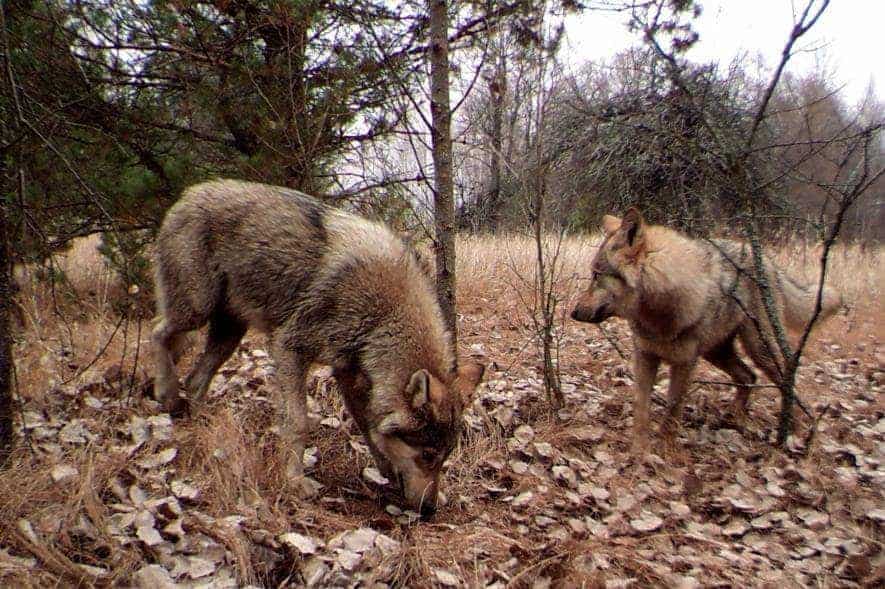

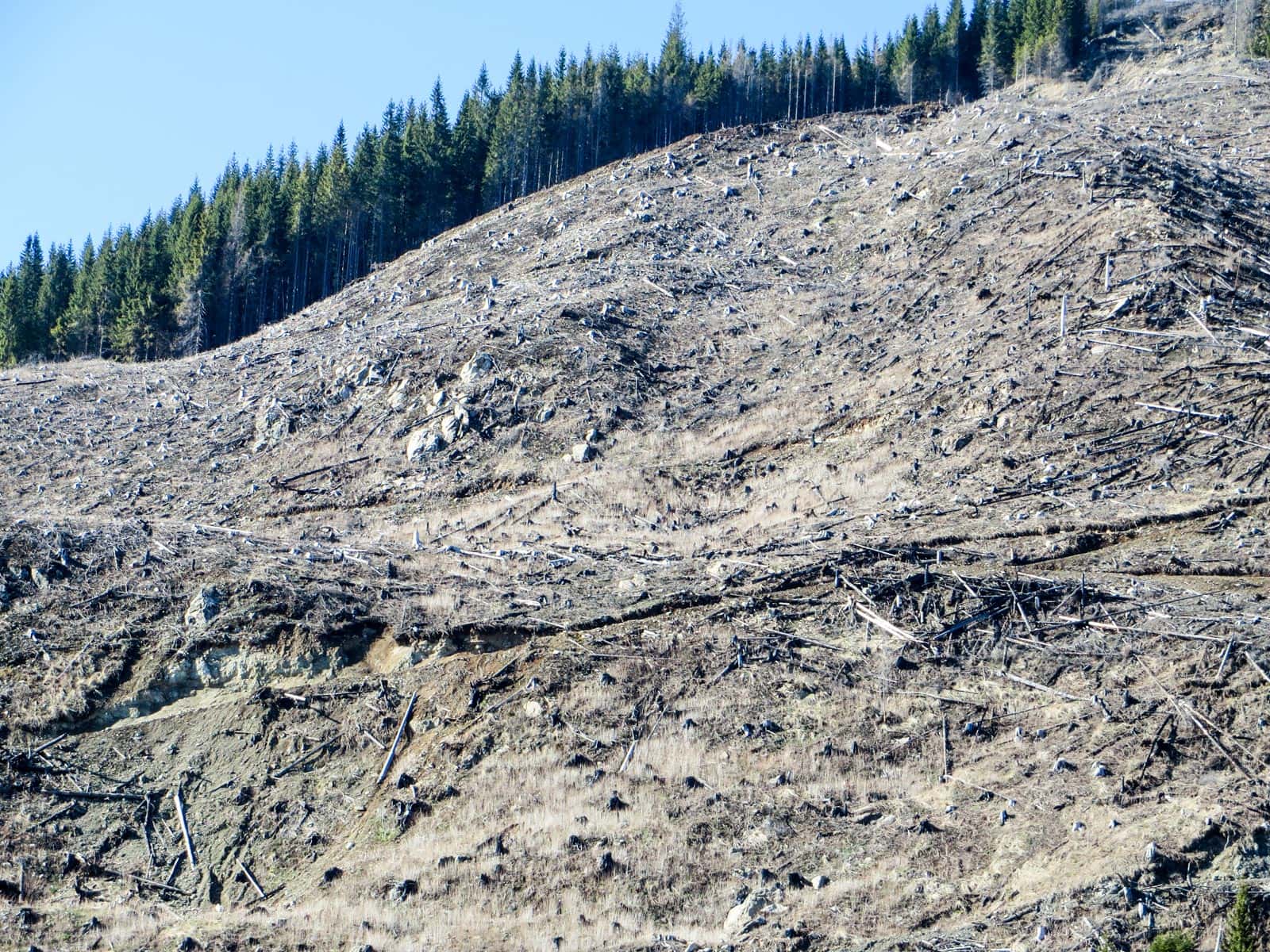
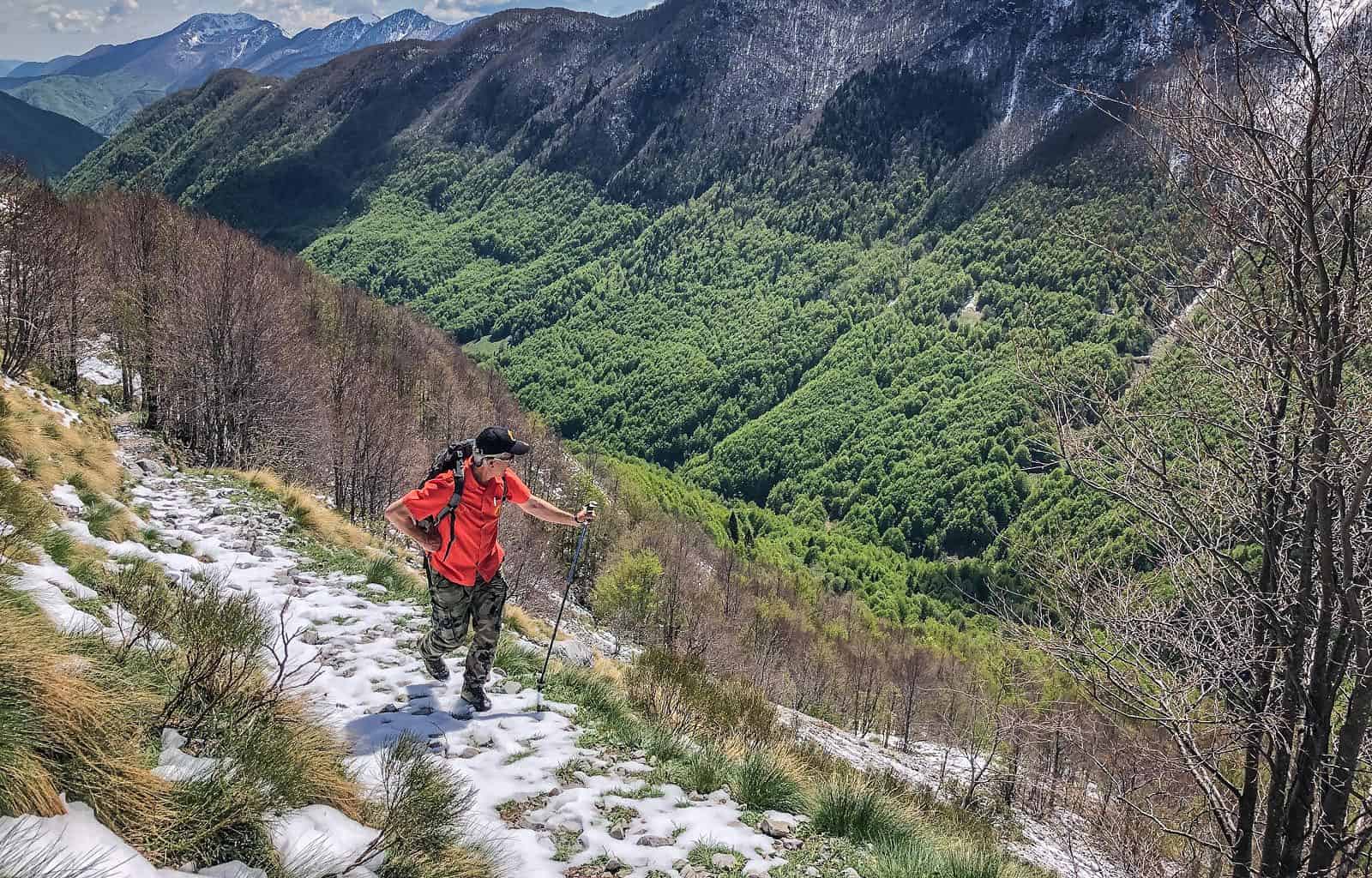
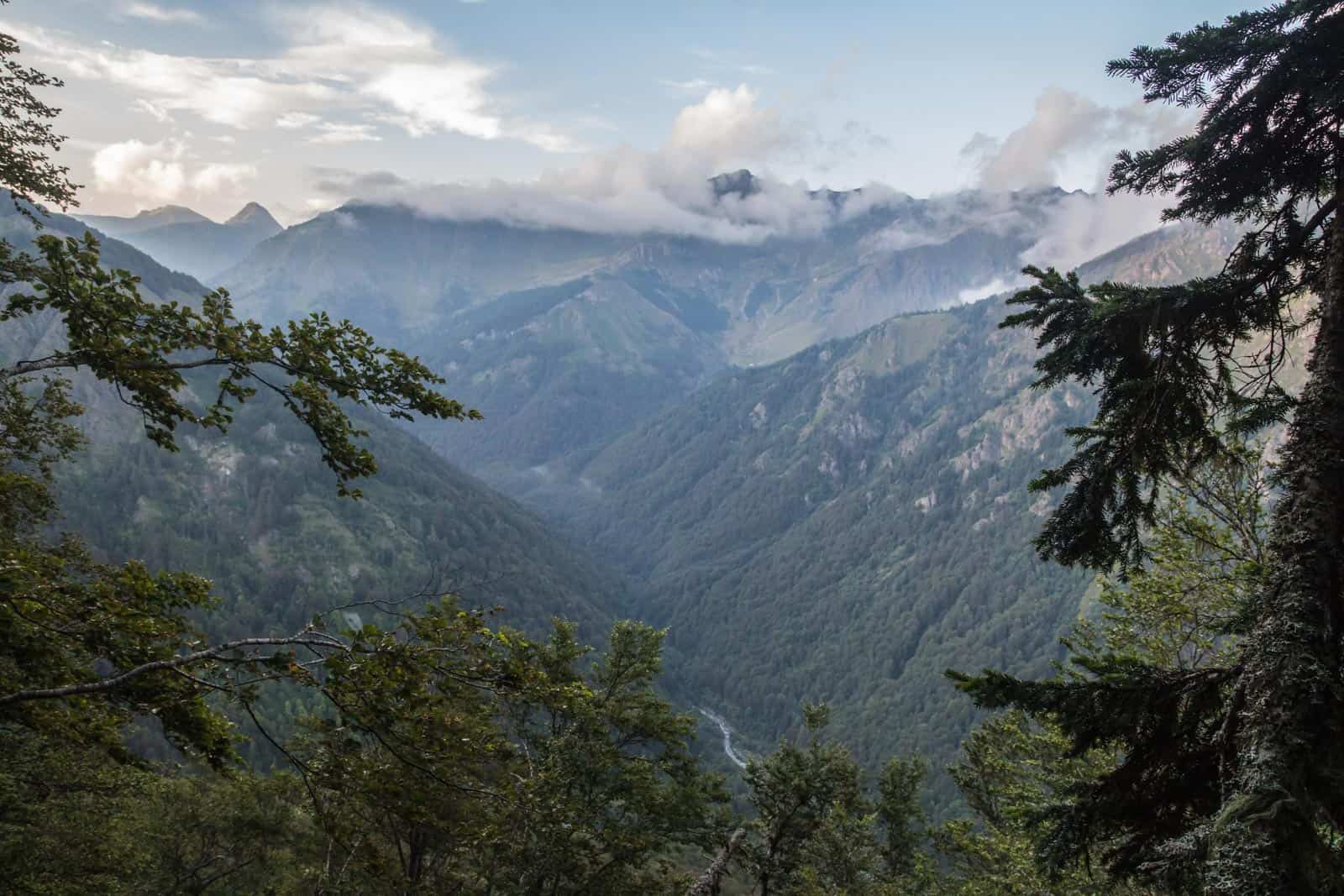

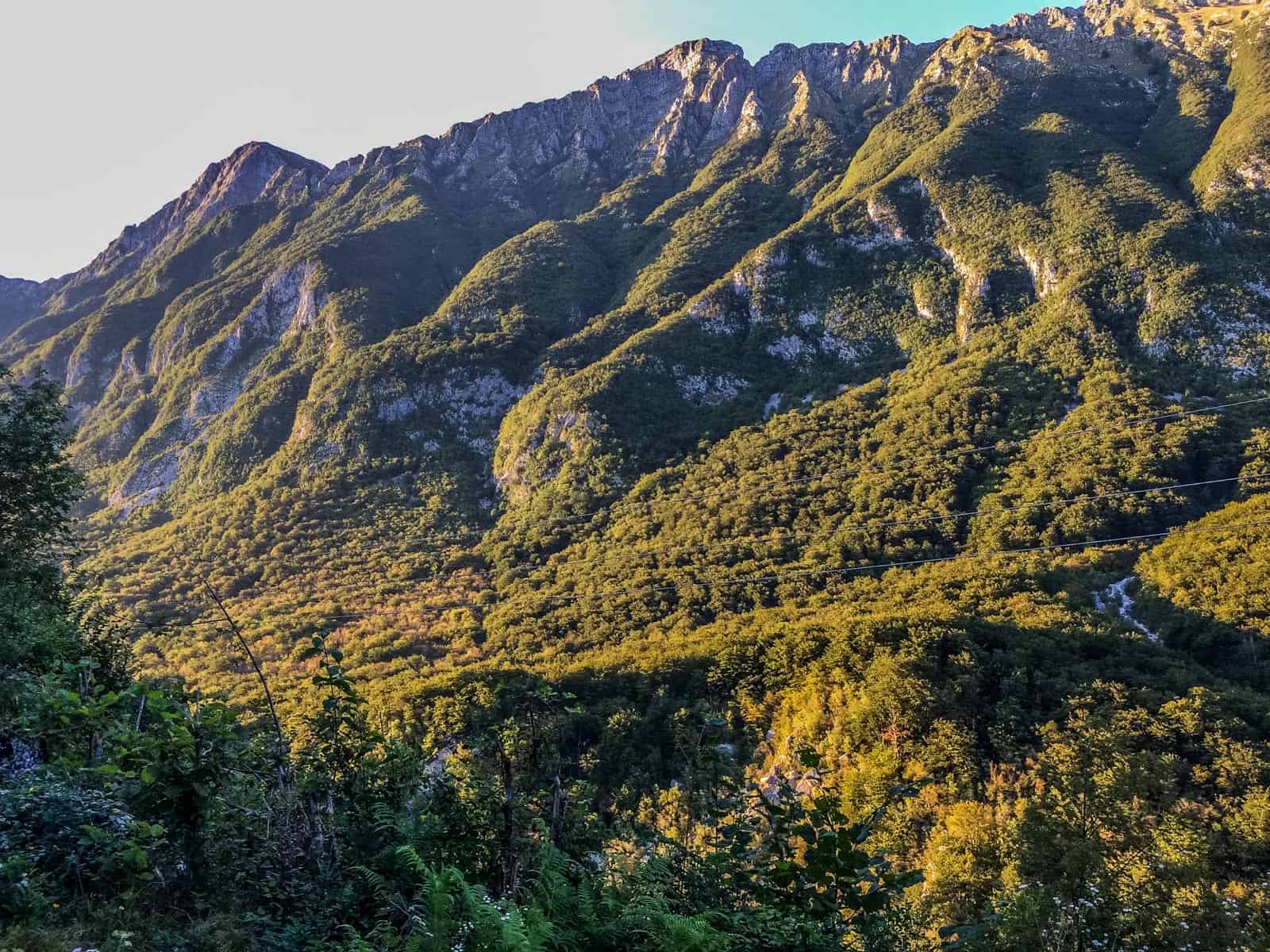
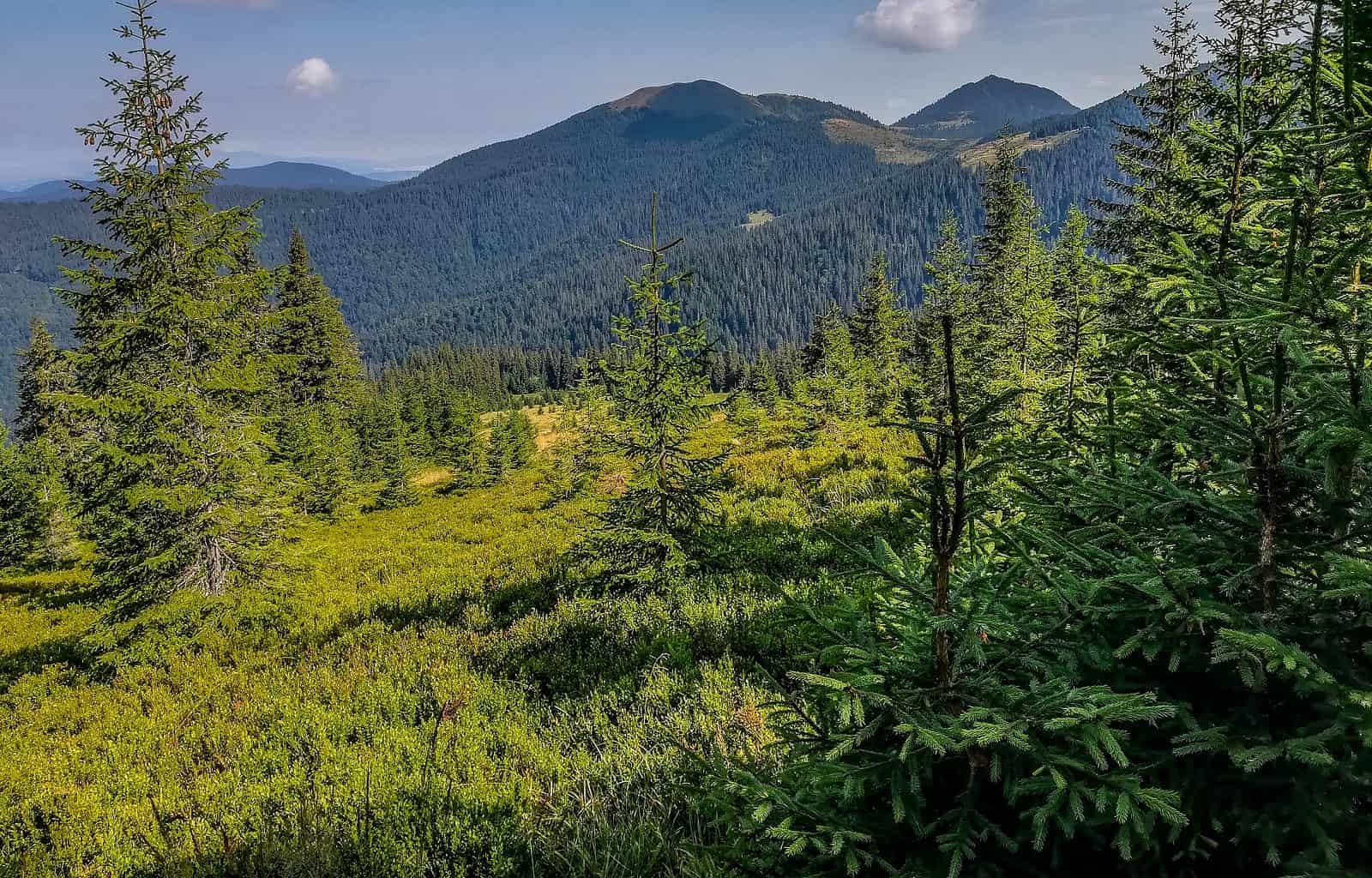
They’ll have a serious effect on Africa just like they’ve had a serious effect everywhere else.It’s not just the oil wells it’s the access roads, light pollution and so on.